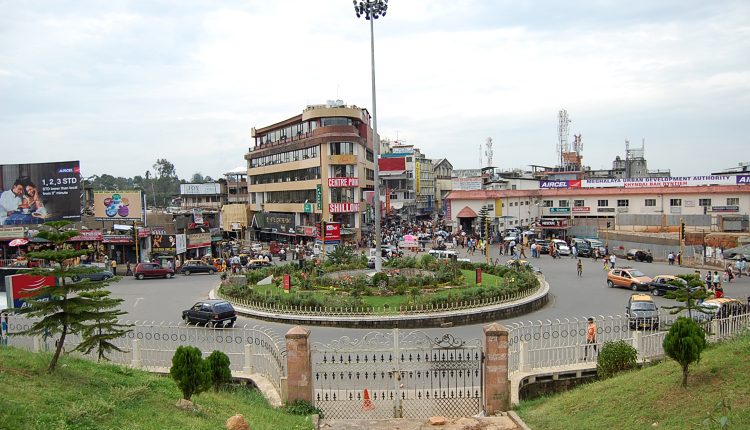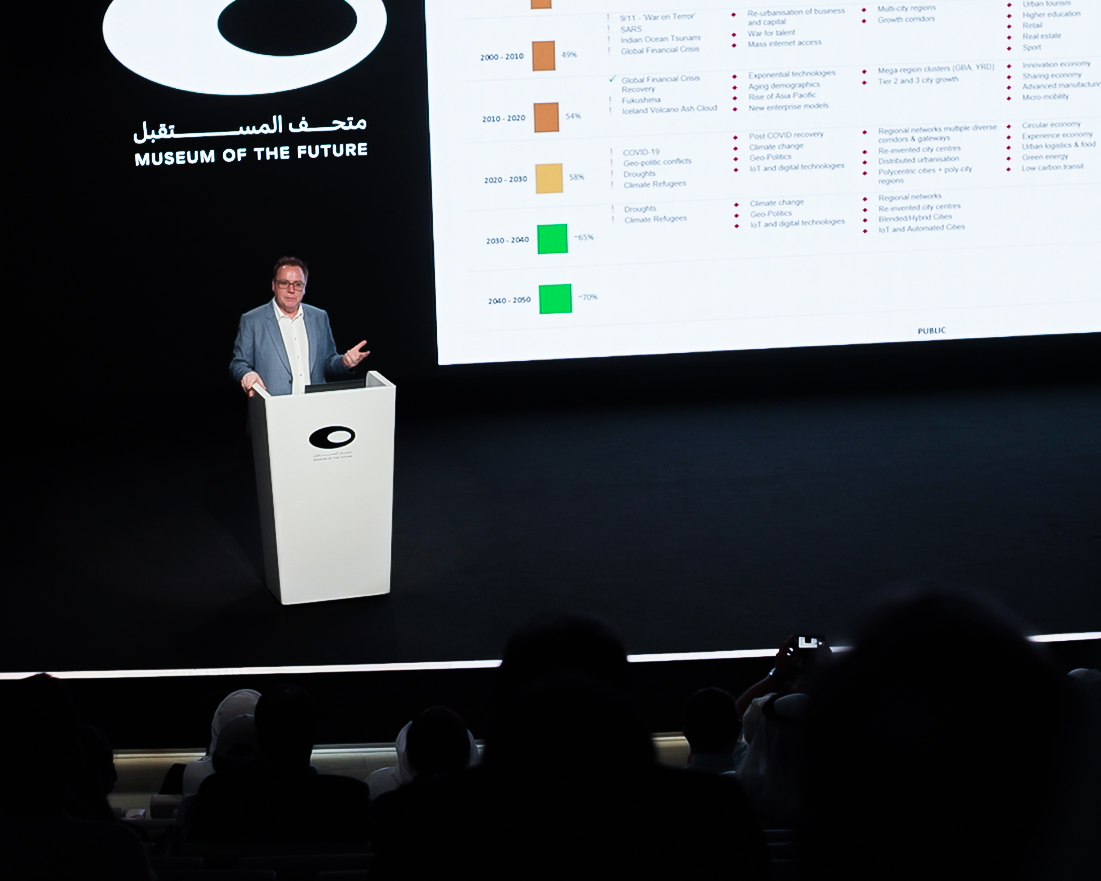
Hayek and other Austrian economists demonstrated that government ownership of the means of production is a sure route to poverty, but today, central planning remains the norm in one crucial area: cities.In the United States, the Supreme Court determined that cities could designate sections of city land for specific types of development in the landmark case Euclid v. Ambler. Since then, land use regulation has expanded to include heights limits, parking requirements, and design guidelines across the world’s great cities.Urban planners and politicians determine the rules for the location and types of development permitted within their jurisdictions, and ultimately have veto power over major projects designed in the world’s great cities. If Hayek were alive today, he would focus on applying his work on the knowledge problem to city planning.























